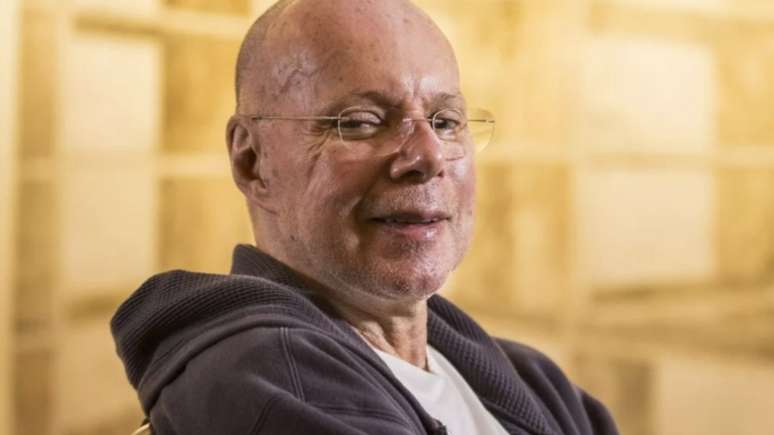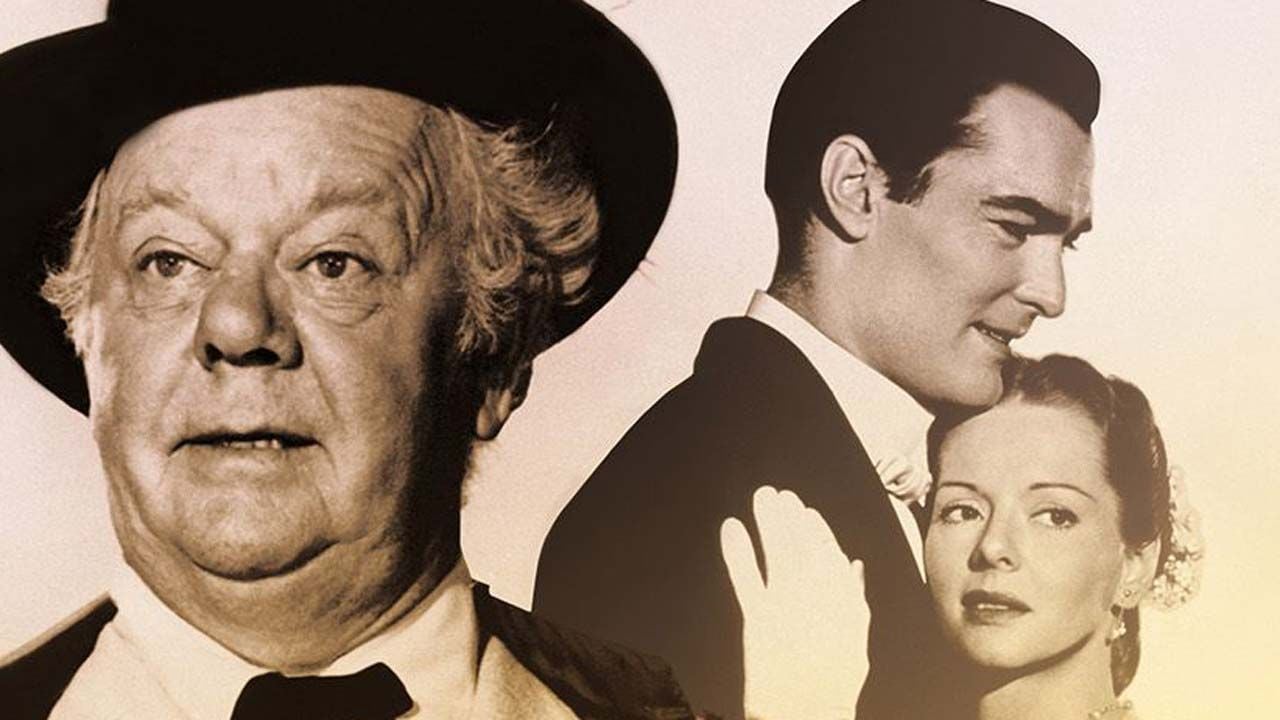Al Anderson joined The Wailers between 1974 and 1975, a period in which the legendary reggae band broke through with “No Woman, No Cry”.
The figure of Bob Marley It is often remembered when talking about reggae and Jamaican music. What many don’t always remember is that there was a band behind the singer and guitarist, making his success possible: The Wailerswith which he performed from 1963 until his death in 1981 at the age of 36.
One of the musicians who was part of this story was Al Anderson. The American guitarist was part of the group between 1974 and 1975 and from 1978 to 1981. He recorded the albums Natty Dread (1974), Survival (1979), Uprising (1980), participating in songs such as “No Woman, No Cry”, “So Much Trouble in the World”, “One Drop”, “Redemption Song”, “Could You Be Loved” It is “Forever Loving Jah”.
Despite the artistic glories, Anderson suffered a lot, as did the entire band. In an interview with Guitar Worldhe said that his first year with Marley and the Wailers It was full of complications, as there was simply no money. In his words, musicians were “robbed” by lawyers and businessmen — something little discussed to this day.
Interestingly, the trajectory of Al It didn’t start with so many difficulties. Having a bassist father and a pianist mother, he studied music in Berklee, one of the most renowned colleges in the world. By age 17, he was already making a living from art, playing in cover bands and earning around $500 a week.
The invitation to join Bob Marley came from the producer Chris Blackwell and involve the album recording sessions Natty Dread. The guitarist didn’t get along so well with the singer at first, as he wasn’t used to playing reggae.
“I had to start all over again; I needed to play a lot slower and add more feeling. Once I managed to do that, I realized that was what they wanted and Bob liked it. A big help was hearing ‘No Woman, No Cry‘. In it, I created the first solo, which is calmer and has interesting chord changes.”
Anderson would then be officially integrated into the The Wailers. He needed to move to Jamaica. So, promises were made — which ended up not being kept.
“They promised me that if I went to Jamaica they would give me a hotel and a car, but that never happened. I didn’t have any money, but the problem was that even Bob didn’t have any money. He spent everything on recordings and traveling, his expenses were very high. I knocked on hotel doors, but there was no room for me. I arrived almost without money, with a guitar and a suitcase, and ended up sleeping outside, in a lawn chair, with my guitar, on the beach. It was difficult, the mosquitoes finished me off.”
Difficult first year
The perrengues, according to Al Anderson, lasted a year. please note that Bob Marley was already well known at the time, although his first real hit was precisely “No Woman, No Cry”, first of The Wailers reaching the top 10 of the British charts — only in the live version, from the album Live!, only available in 1975.
“I did not see Bob in the first few weeks in Jamaica. And honestly, the whole first year was a nightmare. There was no food, no money. Still, I stayed. We didn’t rehearse much. We just went out, I drank juice, ate porridge and ate fish.”
The financial issue was not the only complication. The guitarist fell ill before the shows even started. But the money situation was the most difficult, as the commercial boom would only come with the aforementioned album. Natty Dread — the first with the American musician.
Bob Marley far beyond the image
Still during the interview, Al Anderson highlighted that many are left with only the stereotypical image of Bob Marley like a Rasta smoking a joint. For the guitarist, the star who died in 1983 was much more than that — and his band also deserved much more recognition.
“Bob it was much more than that. People are still fascinated by Bob Marleyand the Wailers. But for me, it’s not just Bob: It is Peter Tosh (guitarist whom Anderson replaced), is BunnyWailer (percussionist), it’s all of them. If people knew the whole truth, perceptions would change. But Bob deserves everything. He sacrificed his life for his country and his philosophy.”
The injustice was also reflected in the aforementioned financial issue. The guitarist pointed out:
“Unfortunately, they made a lot of money for record companies, managers and lawyers. They were stolen, but people don’t know that.”
Source: Rollingstone
Earl Johnson is a music writer at Gossipify, known for his in-depth analysis and unique perspective on the industry. A graduate of USC with a degree in Music, he brings years of experience and passion to his writing. He covers the latest releases and trends, always on the lookout for the next big thing in music.








